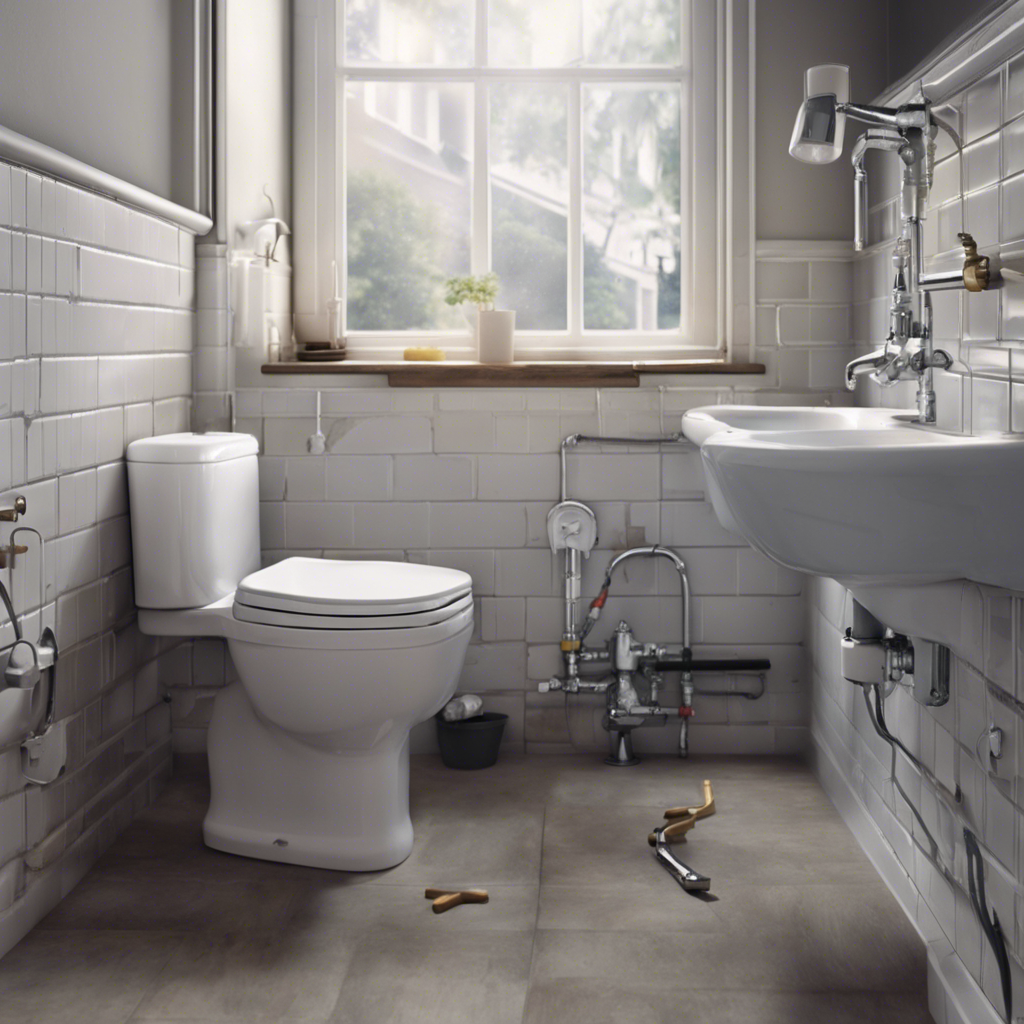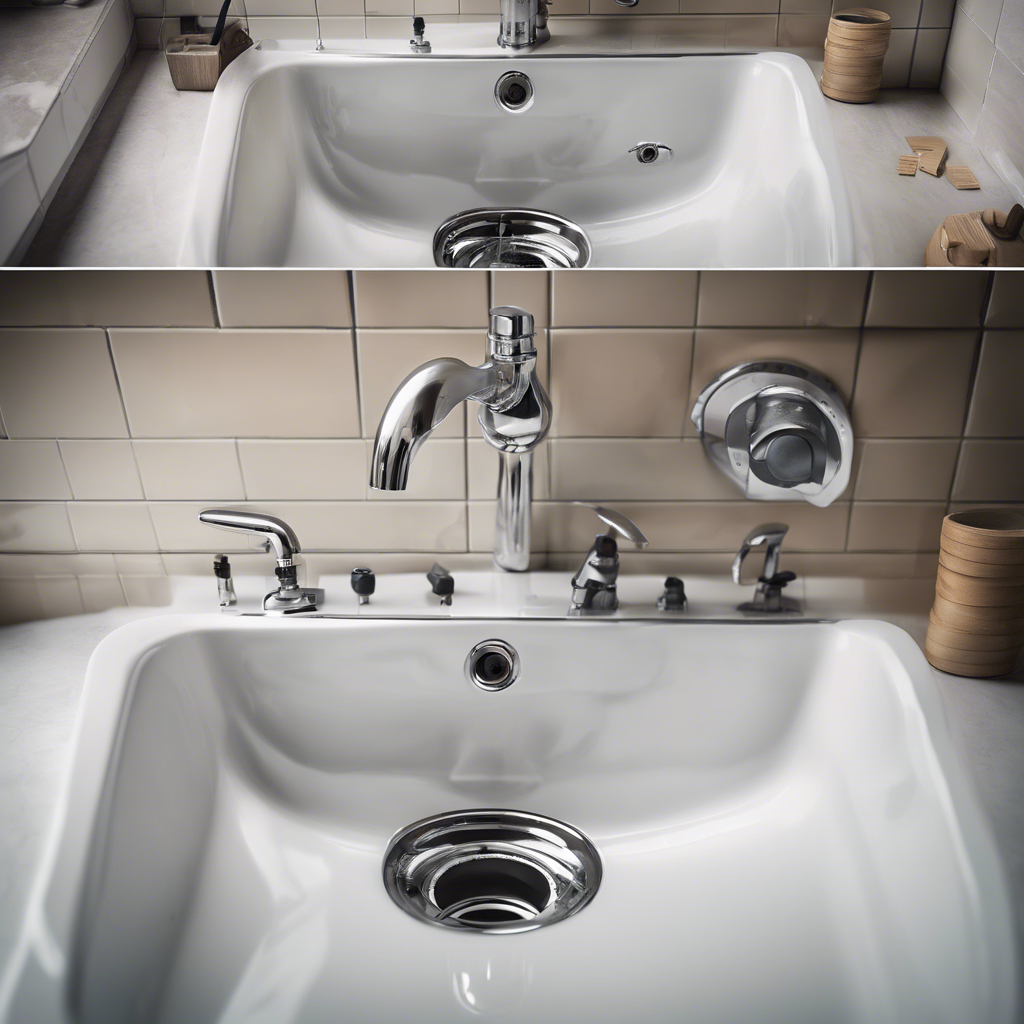As a homeowner, dealing with unexpected plumbing issues can be stressful. Whether it's a stubborn leak or a troublesome pipe, knowing how to tackle common plumbing problems on your own can save you time and money. In this guide, we'll provide you with professional tips for handling DIY plumbing fixes like a pro.
1. Identifying Leaks

One of the most common issues homeowners face is leaks. To detect a leak, look for water stains, musty odors, or mold growth. A quick way to check for silent leaks is to monitor your water meter for any unusual changes when no water is being used in the house.
2. Fixing a Dripping Faucet

A dripping faucet is not only annoying but also wasteful. In most cases, this is caused by a worn-out washer. To fix it, turn off the water supply, disassemble the faucet, replace the washer, and reassemble the parts carefully.
3. Unclogging Drains
One of the simplest DIY plumbing fixes is unclogging a drain. Avoid using harsh chemicals that can damage your pipes. Instead, try using a plunger, plumbing snake, or a mixture of vinegar and baking soda to break down the clog naturally.
4. Dealing with Low Water Pressure
Low water pressure can be frustrating. Check for mineral buildup in your faucets or showerheads. Soak them in vinegar overnight to remove any deposits. If the issue persists, you may need to check for leaks in your pipes or contact a professional.
5. Repairing a Running Toilet
A running toilet can waste a significant amount of water. To fix this, adjust the chain inside the tank, replace the flapper, or check the fill valve. These simple adjustments can often resolve the issue and prevent unnecessary water wastage.
6. Insulating Pipes
During colder months, it's essential to insulate your pipes to prevent freezing. Use foam sleeves or insulating tape to protect exposed pipes in unheated areas. This can help prevent pipe bursts and costly repairs down the line.
7. Sealing Pipe Joints
Properly sealing pipe joints is crucial to prevent leaks. Use thread seal tape or joint compound when connecting pipes to fixtures. Make sure to tighten connections securely but avoid over-tightening, which can damage the threads.
Remember, while DIY plumbing fixes can be manageable, some issues may require professional intervention. Knowing when to call a plumber is equally important to prevent further damage.
By following these pro tips for DIY plumbing fixes, you can handle common plumbing problems with confidence. Remember to take safety precautions, gather the necessary tools, and approach each task methodically. With a little effort and know-how, you can become your home's plumbing hero!
Don't let plumbing problems dampen your spirits; tackle them head-on with these expert tips!
So gear up, grab your toolbox, and show those plumbing issues who's boss!
Happy fixing!

Comments